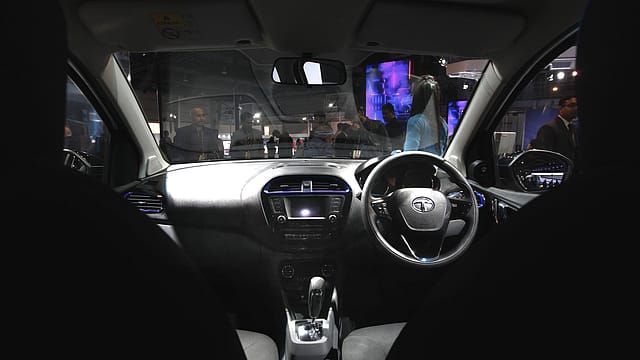Cars to cost more from April 1
ADVERTISEMENT

Major automakers in the country have announced price hikes effective from April 1 due to rising input costs and changing market conditions.
Prices of iron and steel, which account for 70% to 75% of the kerb weight of passenger cars and two-wheelers, rose 15% and 10% respectively in FY19.
Automakers who have announced price hikes include Mahindra and Mahindra (M&M), Tata Motors, Toyota Kirloskar, and Renault.
M&M said on Thursday that the price of its passenger and commercial vehicles will be hiked by 0.5%-2.7%—an increase of ₹5,000- ₹73,000 across models.
“This year has seen record high commodity price increases. Further, there are regulatory requirements effective April that have also led to cost increases,” said Rajan Wadhera, President, automotive sector, M&M.
Toyota Kirloskar also said it will increase the prices of some of its products while Renault announced an increase of up to 3% on its KWID range. Tata Motors, too, announced that it will be increasing the prices of its passenger vehicles by up to ₹25,000.
Experts say that this will not only affect the consumer sentiment but also affect vehicle sales in the near term.
“ICRA analysis suggests that customer sentiments play a crucial role in the purchase of discretionary items like cars, resulting in deferral of purchase unless sentiments improve. Increase in fuel prices and hike in interest rate in current fiscal increased cost of car ownership, which impacted sentiments of price sensitive first-time buyers (FTBs),” said Ashish Modani, vice president and co-head, corporate ratings, ICRA.
He adds that increase in insurance cost due to mandatory three-year third-party insurance cover along with increase in car prices by OEMs to offset some impact of commodity prices and forex movement resulted in price escalation of 3%-5% over the last two quarters.
Some OEMs have also announced a hike in prices and other manufacturers are also expected to follow suit.
“Given that safety norms are becoming mandatory from October 2019 onwards and OEMs will start launching BS VI vehicles from the third quarter of FY2020, car prices will increase substantially in the coming year,” Modani said.
Though the outlook for the industry looks dim in the near term, things are expected to get better in the long term. According to ratings agency CRISIL, utility vehicles and two-wheelers are expected to show high single-digit growth in FY20. Some of the factors that will help the industry recover will be stronger economic growth, new launches, increasing rural demand and regulatory support, experts say.